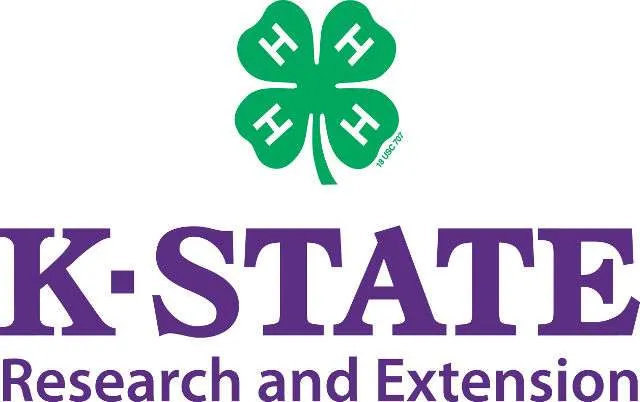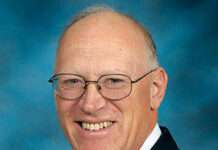State’s agents help to bring programs that fit local community needs, learning styles
MANHATTAN, Kan. – An official with Kansas’ extension network says that recent efforts to provide more equitable and accessible programs to local residents will likely be felt throughout the state.
Aliah Mestrovich Seay, a 4-H youth development specialist for community vitality, noted that K-State Research and Extension recently formed Access for All, a committee that will provide education and support in the many ways that people learn best.
“We need to be able to think about how people learn differently because we want to be able to provide the most equitable and accessible programs and resources for our community members across Kansas,” said Mestrovich Seay, a member of the Access for All committee.
In 2019, K-State Research and Extension formed a committee to respond to disability accommodations in programs it offers in each of Kansas’ 105 counties.
“Being able to provide disability accommodations for our system and community members really was the first part in working toward civil rights compliance when it has to do with our population that has disabilities in Kansas,” Mestrovich Seay said.
Access for All, however, goes a step beyond that.
“Since forming the initial committee, we have received more and more requests from K-State Research and Extension professionals who want to learn about how to make their programs and services and online materials more accessible to the people they serve,” she said.
“Access for All is a response to those requests so that we as a system can move forward and have a more solid foundation, and not just disability accommodations, but also Access for All through universal design for learning,” a term used to represent a framework to optimize teaching and learning based on scientific insight into how humans learn.
Mestrovich Seay noted that some of citizen’s learning needs require such assistance as closed captioning on videos and other online programs (for those who are hearing-impaired); or documents that can be read accurately by screen-reading technology (for those who are visually-impaired).
The history of America’s land grant universities and colleges dates to 1862 when Pres. Abraham Lincoln signed the Morrill Act, granting land to each of the U.S. territories to build colleges that would educate citizens in agriculture, science and engineering, primarily.
Today, that mission has grown to include such as areas as food safety, youth development, gardening, family health, community development, aging, nutrition, forestry and many more.
Mestrovich Seay said Access for All supports those efforts by providing training to K-State Research and Extension agents and specialists who work directly with citizens in their communities.
“We want to provide support to the local units so they can do what they do best, which is answer the needs of the local community,” she said. “We want to equip them with the confidence to be able to do that… The Access for All committee is positioned to provide the support to our professionals so they can in turn provide support that is equitable to their community.”
Mestrovich Seay said Access for All currently is surveying K-State Research and Extension professionals to further understand the accessibility needs of Kansas citizens.
To learn more about what is available from K-State Research and Extension, citizens are encouraged to contact their local extension office, or contact Mestrovich Seay by email, [email protected].
FOR PRINT PUBLICATIONS: Links used in this story
K-State Research and Extension local offices, https://www.ksre.k-state.edu/about/stateandareamaps.html
K State Research and Extension is a short name for the Kansas State University Agricultural Experiment Station and Cooperative Extension Service, a program designed to generate and distribute useful knowledge for the well being of Kansans. Supported by county, state, federal and private funds, the program has county extension offices, experiment fields, area extension offices and regional research centers statewide. Its headquarters is on the K State campus in Manhattan. For more information, visit www.ksre.ksu.edu. K-State Research and Extension is an equal opportunity provider and employer.
Story by:
Pat Melgares
785-532-1160
[email protected]
For more information:
Aliah Mestrovich Seay
785-532-5800
[email protected]





